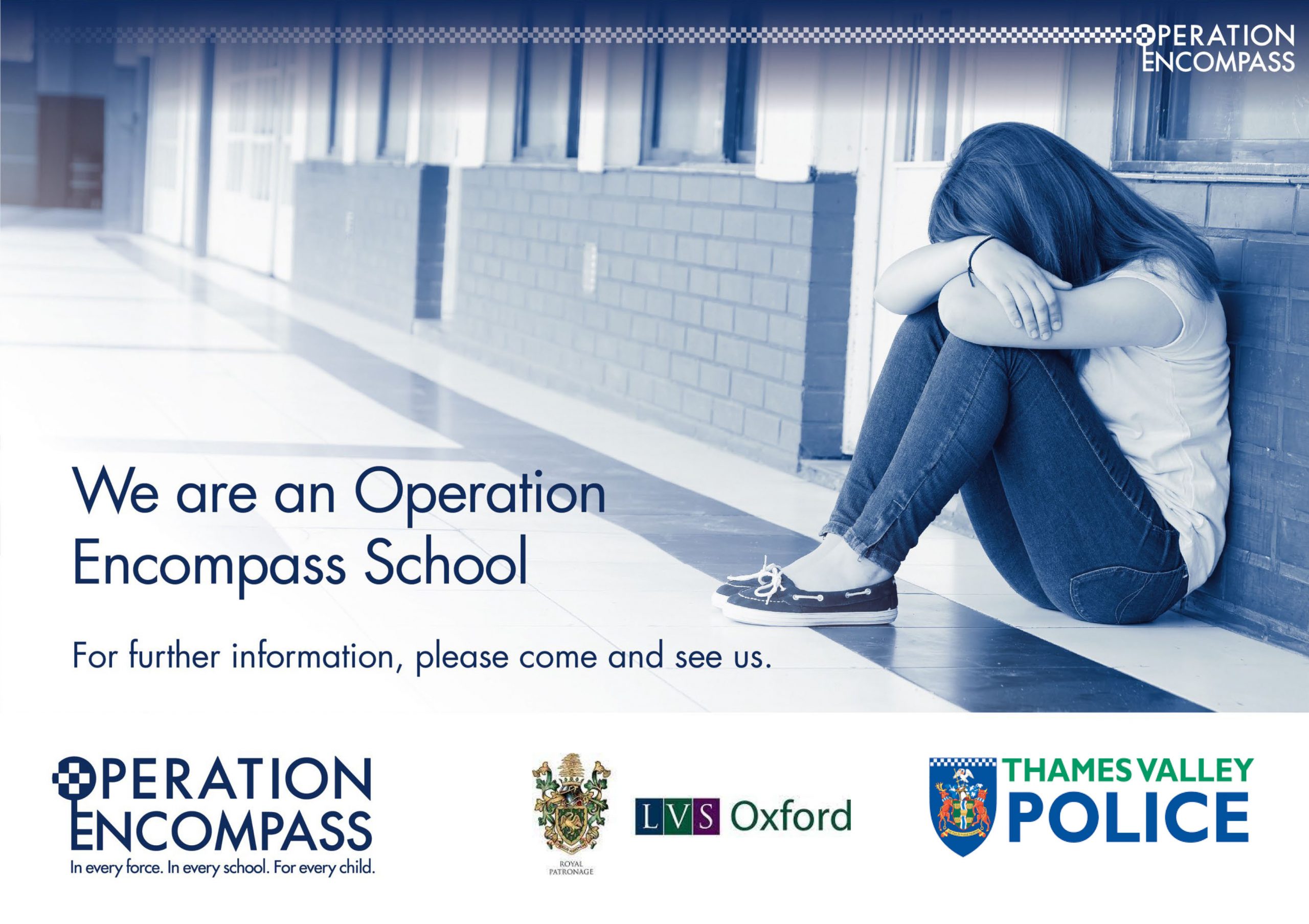Safeguarding
LVS Oxford is committed to safeguarding and promoting the welfare and safety of all pupils. We want to make sure all our pupils are safe in school, at home, online and in the community. We strive to ensure that consistent and effective safeguarding procedures are in place to support families, pupils, and staff at our school. Our staff play an important role, working together with parents, carers, the Local Authority and other professionals, including Thames Valley Police, to ensure that our pupils are safe and secure and to promote their personal safety and well-being.
LVS Oxford has policies and procedures in place to deal effectively with child protection and safeguarding issues, which include tackling radicalisation and extremism, together with recording and monitoring processes. All our staff have received Prevent and Safeguarding Training as part of their induction. We provide weekly updates via an e-bulletin and updates as appropriate. The training is monitored and comprehensive records are kept by the Designated Safeguard Lead.

The Safeguarding Team
Safeguarding is everyone’s responsibility.
If you feel worried or upset, there are people you can talk to:
Melanie Waller (Designated Safeguarding Lead):
melanie.waller@lvs-oxford.org.uk
07818586808
Karen Williams (Deputy Designated Safeguarding Lead)
karen.williams@lvs-oxford.org.uk
Chris Lacey:
Natasha Tillyer:
Our Policy
All concerns are passed through members of staff who are trained as ‘Designated Safeguarding Leads’. Staff are required to report any causes of concern to the school safeguarding team. Referrals are logged and monitored to make sure that they are followed up appropriately.
To promote a safe environment for pupils, LVS Oxford employs a strict selection and recruitment policy which includes all statutory checks on staff and regular volunteers including Enhanced DBS (Disclosure and Barring Service) checks.
If you have any concerns about your child, another pupil or a member of staff at LVS Oxford, please contact the Designated Safeguarding Lead who will be able to provide you with the best advice and help using the appropriate degree of confidentiality.
Early Help Plan and Single Assessment
The Early Help Plan is the first part of the process that aims to empower children, young people and their families and provide a timely, seamless service. The Single Assessment supports families through from early help to escalating complex and urgent needs that require a statutory response from children’s social care.
How does the process work?
The practitioner who identifies the needs gains consent from the young person, parent or carer to undertake an assessment, following which he or she coordinates an Early Help Plan and initiates, if appropriate, a Team Around the Child and Family (TAC/F) meeting.
The purpose of the TAC/F meeting is to bring together practitioners with the appropriate skills to meet the identified needs of the child and develop a support plan. The parents and practitioners concerned will agree on the most appropriate person to undertake the Lead Professional role. Goals will be identified and regular reviews undertaken, with the focus on a child-centred approach, positive engagement with the family, increased community involvement and collaboration between agencies.
Recording & Documents
The Early Help Record and Plan has been updated from feedback received from practitioners to make it more user friendly.
The information the family provide will be passed on to the relevant professionals that can help. They will work together to provide the support the child/family needs. Only professionals who need to know about the family will share the child’s information and only when we have consent to do so. However, should a child or other person be considered to be at risk of significant harm then professionals have a duty of care to share the relevant information to the required services.
Useful Links
Oxfordshire Safeguarding Children Board Team – oscb@oxfordshire.gov.uk
Childline Advice Page – https://www.childline.org.uk/info-advice/
Childline Contact Page – https://www.childline.org.uk/get-support/contacting-childline/
National Society for the Prevention of Cruelty to Children (NSPCC) – https://www.nspcc.org.uk/what-we-do/
Child Exploitation and Online Protection Centre (CEOP) – https://www.ceop.police.uk/safety-centre/